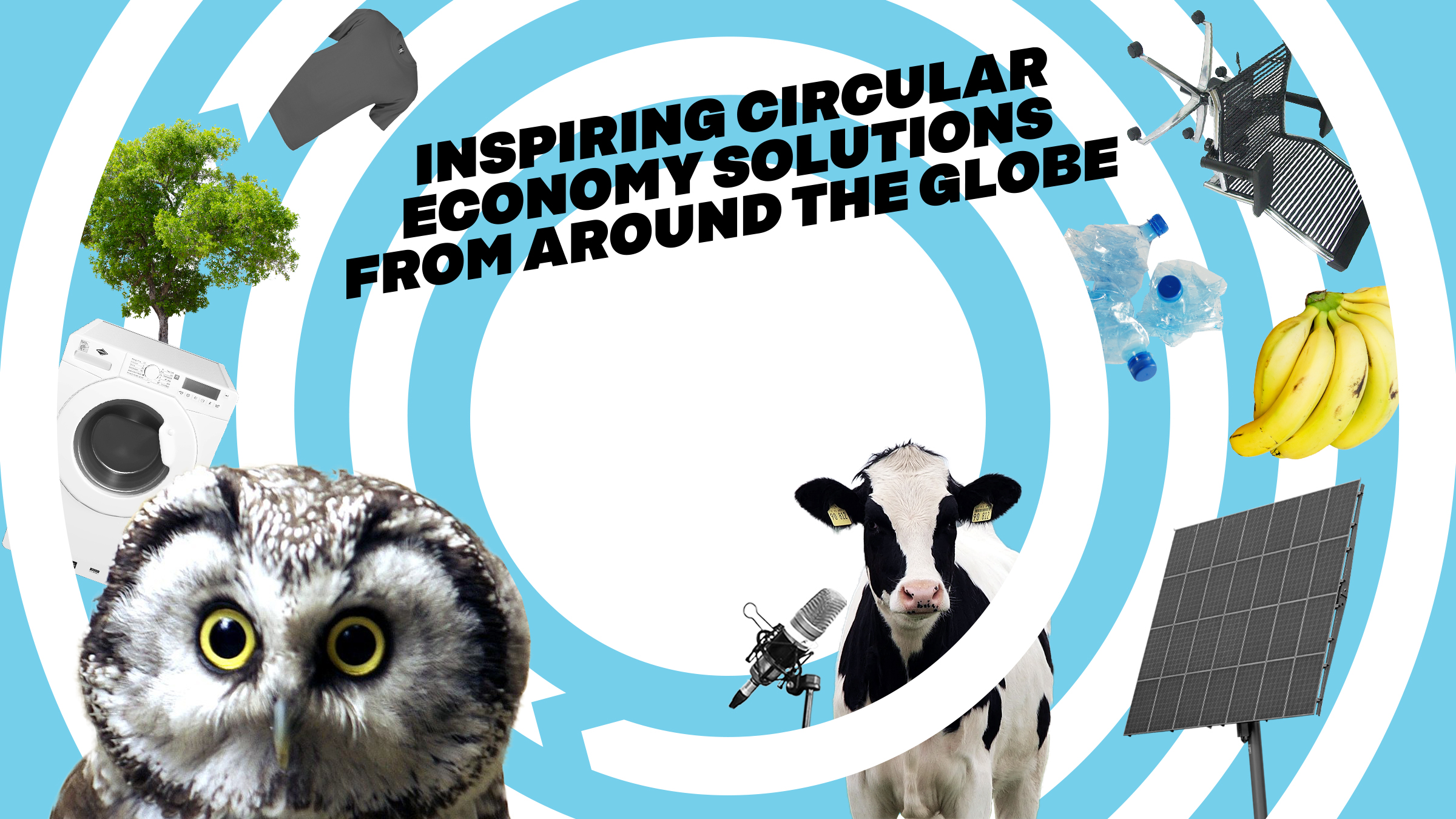Covestro’s solution closes the loop on salt needed in the production of plastics and other polymers, thereby taking a step towards circularity in the materials science industry. The scalable solution is applicable to a variety of industries and provides a threefold environmental benefit: saving nonrenewable resources, saving water and reducing water pollution.
Covestro has adopted sustainability goals related to the United Nation’s Sustainable Development Goal 6, “Clean water and sanitation.” The salt recycling process fits into a long-term R&D strategy on finding ways to close water-related loops in high-tech polymer production, partly funded by the German government.
Problem
The production of common plastics and other polymers requires large amounts of salt, which ends up highly concentrated in the resulting waste water. This salty waste water can pollute aquatic ecosystems, negatively affecting biodiversity and even harming drinking water production for cities downstream of the polymer production plants. The sourcing and production of virgin salts also requires intensive exploitation of non-renewable resources, with further negative effects on the environment.
Solution
Covestro has developed a technology that recycles salty discharge from polymer production waste water into chlorine. This creates a closed-loop process as chlorine is an essential raw material for further polymer production. After a purification process containing several steps a sufficient level of purity is achieved and the recycled salt is directed into a chlorine-alkali electrolysis. New salt is added to reach the needed concentration for chlorine production, thus closing the loop from waste water to a valuable resource.
The research and development done by Covestro is the basis of a new joint project “Re-Salt” (recycling of salt-laden industrial process water), initiated by the German Water Center, Donau Carbon GmbH, EnviroChemie GmbH and a number of universities. The project was funded by the German Ministry for Education and Research.
Environmental impact
The solution reduces the need of virgin raw materials (salt, NaCl), water consumption and salt discharges into bodies of water. The solution has significantly reduced the amount of salt used in chlorine-alkali electrolysis and the amount of desalinated water used. Finally, the solution saves 1,000 tonnes of CO2 emissions annually thanks to increased resource efficiency.
Social impact
Most of the surface waters downstream of chemical industry plants are impacted by salt discharges. By recycling the salt in their waste water, the solution ensures communities’ access to clean water in the proximity on the plant.


Inspired?
Check out all solutions.